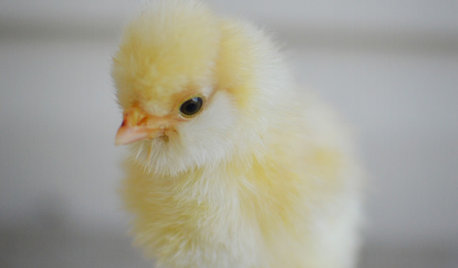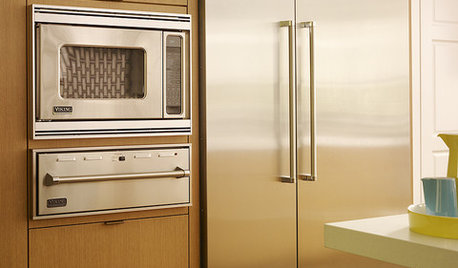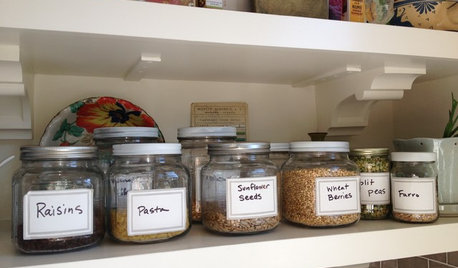If you have to buy bagged, what's best?
cali1023
16 years ago
Featured Answer
Comments (8)
dchall_san_antonio
16 years agosquonnk
16 years agoRelated Professionals
West Milford Landscape Architects & Landscape Designers · Ballenger Creek Landscape Architects & Landscape Designers · Fort Lee Landscape Architects & Landscape Designers · Dixon Landscape Contractors · Indio Landscape Contractors · Metairie Landscape Contractors · National City Landscape Contractors · Peoria Landscape Contractors · Tigard Landscape Contractors · Weymouth Landscape Contractors · Oxon Hill Landscape Contractors · Billerica Decks, Patios & Outdoor Enclosures · Spanaway Decks, Patios & Outdoor Enclosures · West Chicago Decks, Patios & Outdoor Enclosures · Santa Monica Decks, Patios & Outdoor Enclosuresjoepyeweed
16 years agoduluthinbloomz4
16 years agodchall_san_antonio
16 years agosquonnk
16 years agoKimmsr
16 years ago
Related Stories

COTTAGE STYLEBag a French Accent With Grain Sack
At home in country cottages to urban lofts, grain sack adds a French touch to pillows, upholstery, curtains and more
Full Story
FEEL-GOOD HOMESimple Pleasures: 10 Ideas for a Buy-Less Month
Save money without feeling pinched by taking advantage of free resources and your own ingenuity
Full Story
PETSWhat You Need to Know Before Buying Chicks
Ordering chicks for your backyard coop? Easy. But caring for them requires planning and foresight. Here's what to do
Full Story
HOUZZ TOURSMy Houzz: 'When We Buy It, It's Forever'
This family is picky about what fills their vintage-chic Netherlands apartment, and the strategy works beautifully
Full Story
ARTCollect With Confidence: An Art-Buying Guide for Beginners
Don't let a lack of knowledge or limited funds keep you from the joy of owning art. This guide will put you on the collector's path
Full Story
REMODELING GUIDES5 Ways to Protect Yourself When Buying a Fixer-Upper
Hidden hazards can derail your dream of scoring a great deal. Before you plunk down any cash, sit down with this
Full Story
FURNITURESmart Shopper: How to Buy a Mattress
Confusing options, hair-raising prices, haggling ... Our guide can keep you from losing sleep over mattress shopping
Full Story
KITCHEN DESIGNA Cook’s 6 Tips for Buying Kitchen Appliances
An avid home chef answers tricky questions about choosing the right oven, stovetop, vent hood and more
Full Story
DIY PROJECTSDining Set Makeover: Paint and Tea-Tinted Fabric Make Old Chairs New
Reclaim dated dining chairs for far less than buying new, using spray paint, modern fabric and a handful of tea bags
Full Story
KITCHEN STORAGEArtful Organizers: Jars for Pretty Pantry Displays
Ditch the disheveled look of mismatched boxes and bags for colorful or clear pantry jars in an appealing arrangement
Full Story





squonnk